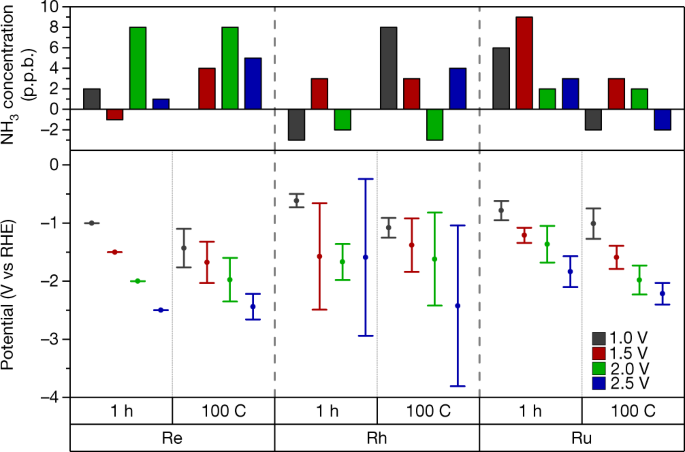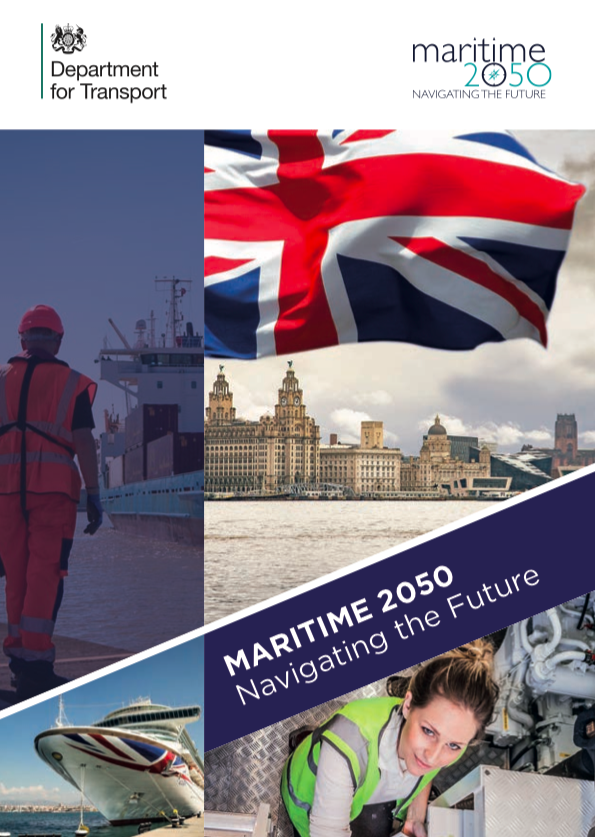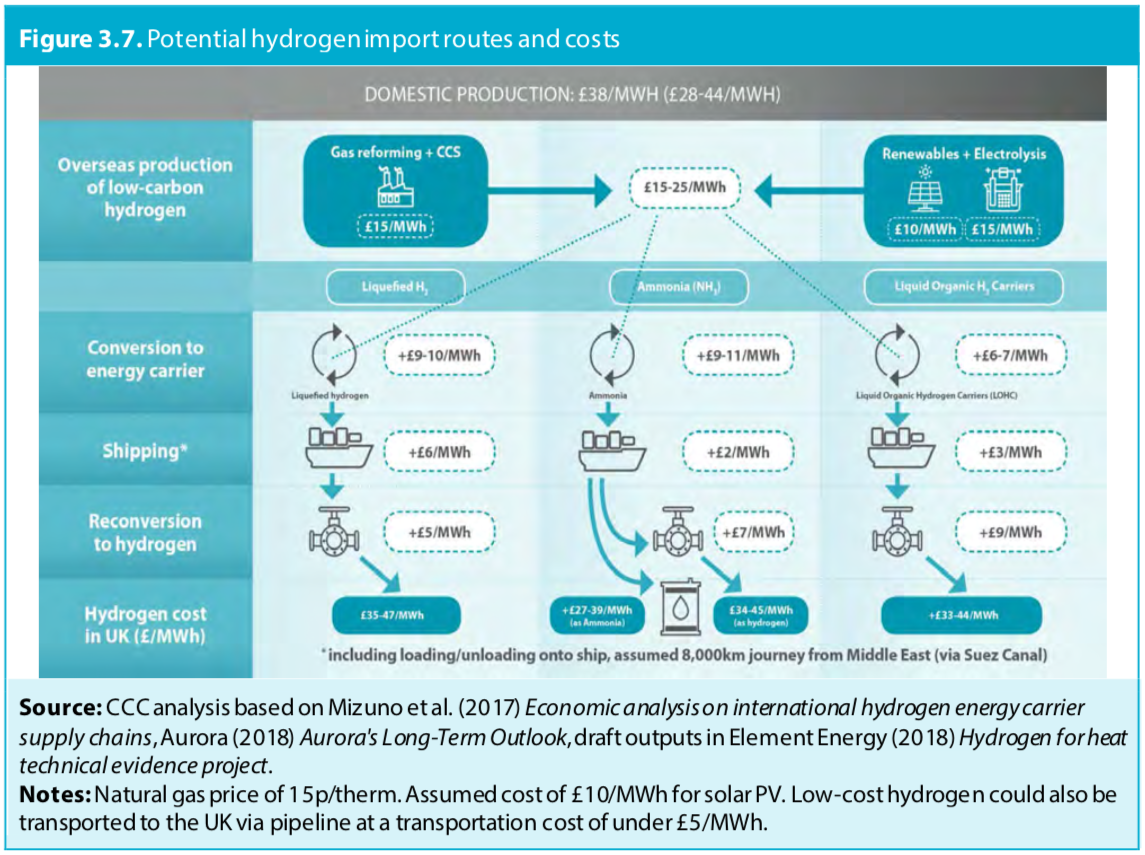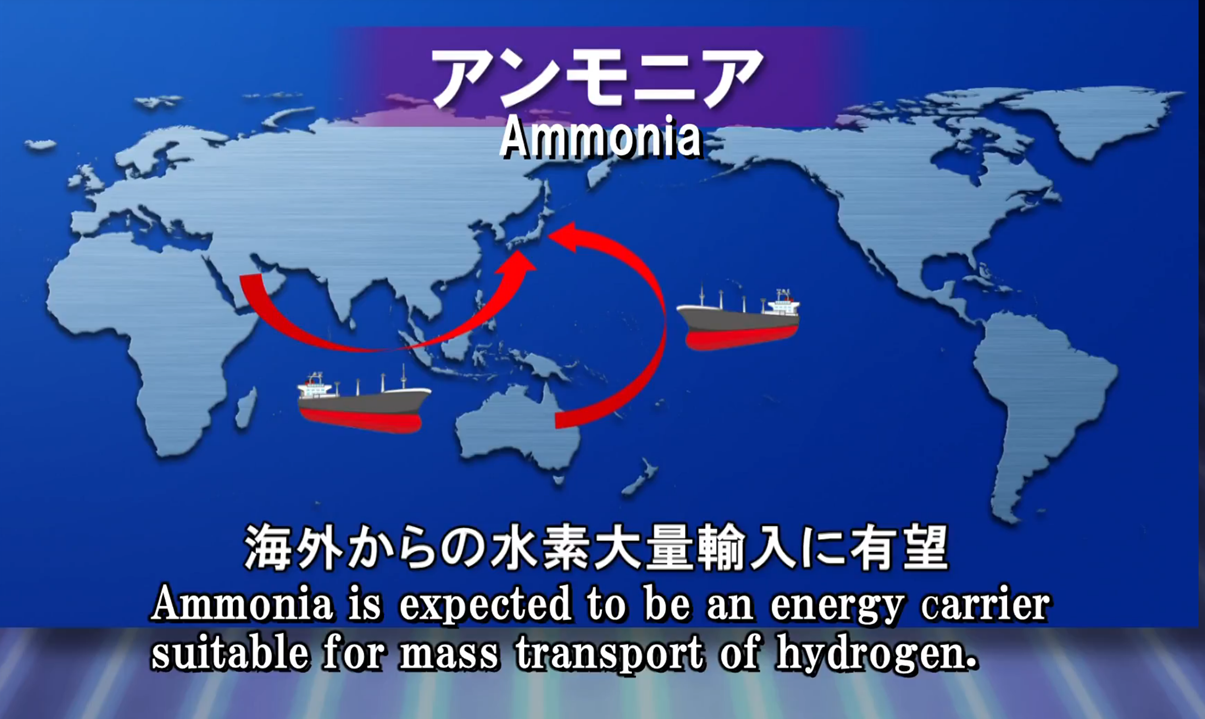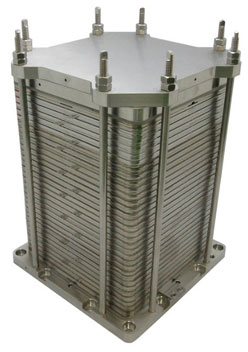AFC Energy Completes Ammonia-to-Power Trials
AFC Energy PLC, the British fuel cell company, announced on May 20 the successful conclusion of “ammonia to power (‘A2P’) fuel cell generator trials.” The result is “proof of concept” for a system consisting of an "off the shelf" ammonia cracker and a proprietary alkaline fuel cell that can readily utilize hydrogen with residual quantities of uncracked ammonia. The achievement positions AFC “to conclude work on the business case and engineering of an integrated, scalable ammonia fuelled clean power generator.”

